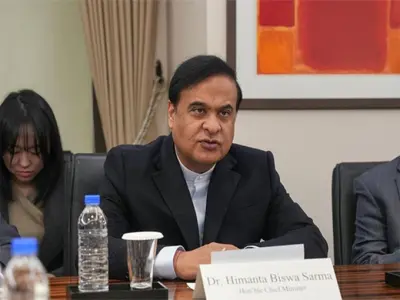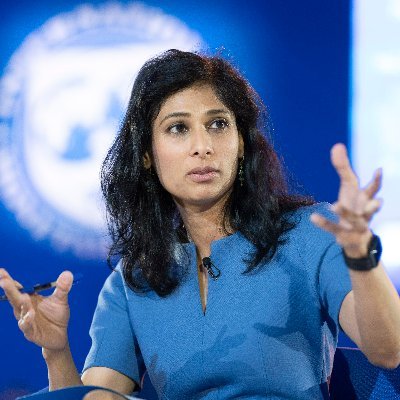

New Delhi, Jan 21: India remains the world’s fastest-growing major economy, but achieving its goal of becoming a $10 trillion developed economy by 2047 will require more significant structural reforms, according to IMF Deputy Managing Director Gita Gopinath.
Gopinath attributed the recent slowdown in India’s growth to reduced public investments during the election period. However, she expects public investment to recover and rural consumption to pick up. To sustain higher and more durable growth, she emphasized the need for continued focus on public infrastructure, strict adherence to project timelines, improving the ease of doing business, and reducing taxes to better integrate India into global supply chains.
“India’s ambitious goal of reaching a $10 trillion economy by 2047 is still a long way off, and the world is not standing still. Achieving this goal will require far more extensive structural reforms than what has been implemented in the past decade,” Gopinath said in an interview with NDTV.
The global economy is growing at a steady rate of 3.3%, but major economies are facing different challenges. The US economy remains robust, Europe is grappling with difficulties, and China faces its own set of problems, particularly in its property sector and the need to stimulate domestic demand, Gopinath observed.
She noted that the US economy's sustained growth is largely due to public spending and productivity gains. Despite challenges, the US economy has shown resilience, with strong stock market performance and capital inflows, reflecting positive market sentiment.
Geopolitical tensions and global trade policies are crucial factors that governments must address to ensure balanced global growth, Gopinath added.
India’s economy is projected to grow at 6.4% this year, its slowest pace in four years, as per government estimates. The second quarter saw GDP growth dip to 5.4%, the weakest in seven quarters, primarily due to a slowdown in the industrial sector.
Despite this, the Indian economy is expected to recover, with a rebound in domestic demand, which is bolstered by positive agricultural prospects. RBI economists foresee global trade picking up in 2025, although uncertainty remains due to ongoing geopolitical risks and the potential rise in protectionist policies.